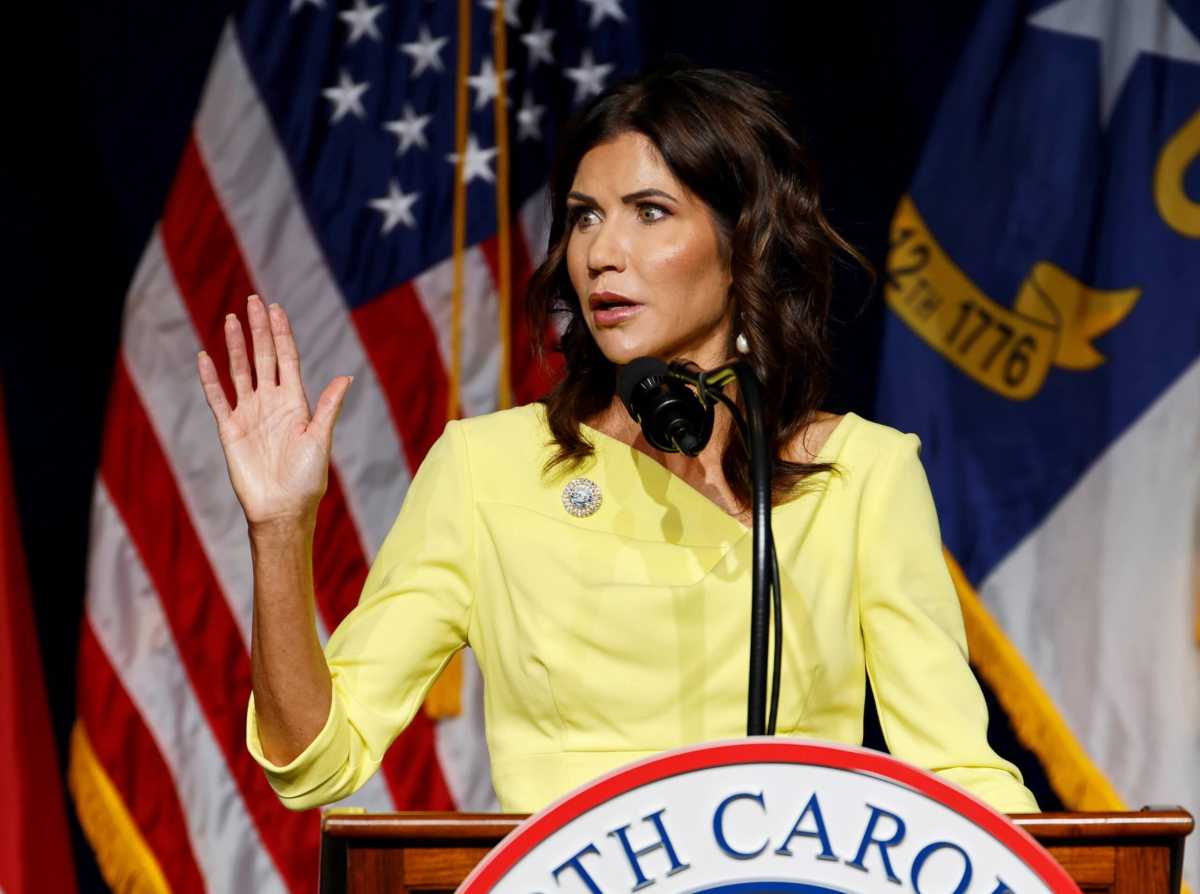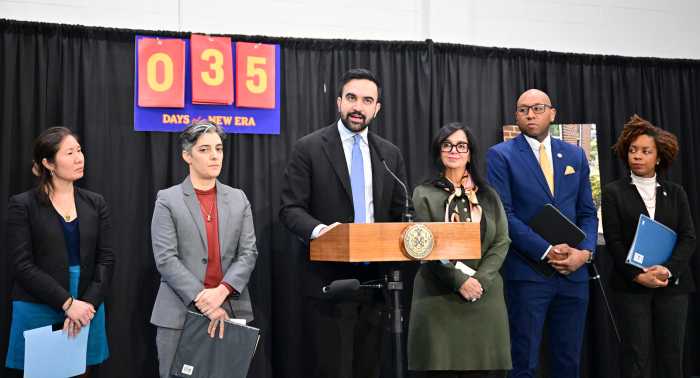South Dakota Governor Kristi Noem is scrambling to advance legislation that would ban transgender girls, women, and some non-binary student-athletes from playing sports in grade school or college, representing the latest chapter in a continuous campaign against transgender youth in the state.
Noem killed a similar anti-trans sports bill earlier this year because that legislation, she argued, would have imposed an overwhelming administrative burden on schools. She also worried about the effect such a law would have had on colleges given that the measure was inconsistent with nationwide policies governing college sports.
The governor later took matters into her own hands when she issued a pair of separate but related executive orders. One of the orders focused on banning trans and some non-binary youth from participating in girls’ grade school sports, while the other one sidelined transgender and non-binary individuals from women’s sports at the collegiate level. The grade school order was based on “their birth certificate or affidavit provided upon initial enrollment” and the order directed at colleges required participants folks’ “birth certificate issued at time of birth.”
Noem is now setting her sights on codifying the executive orders — and this time the governor is ensuring the proposed legislation does not have the same administrative requirements for schools.
The law allows athletes or schools that “suffer direct or indirect harm as a result of a violation” of the law to have a “private cause of action for injunctive relief and any other equitable relief available under law…”
Notably, the new bill still targets student-athletes at the collegiate level — even after Noem previously expressed reservations about whether the earlier bill would knock schools out of compliance with national sports governing bodies.
“Governor Noem’s proposed legislation is clearly fueled by a fear and misunderstanding of transgender people in our state,” Jett Jonelis, the advocacy manager of the ACLU of South Dakota, said in a written statement. “Gov. Noem says she wants to ‘promote fairness in women’s sports,’ but if that were true, she’d tackle the actual threats to women’s sports such as severe underfunding, lack of media coverage, sexist ideologies that suggest that women and girls are weak, and pay equity for coaches.”
Jonelis continued, “Bills like this that seek to ban trans women and girls from participation in athletics are based on inaccurate stereotypes about biology, athleticism and gender and are not in line with South Dakota values.”
Other advocacy groups in the state echoed Jonelis’ concern. Equality South Dakota, a statewide LGBTQ organization, said in a tweet that transgender individuals in South Dakota “are not up for debate.”
“Trans girls are girls,” Equality South Dakota wrote on Twitter after Noem introduced the legislation. “Trans women are women. Period.”
The bill’s fate is unclear — and state lawmakers in South Dakota have repeatedly failed to succeed in their efforts to enact bans on transgender student-athletes in the state. The newest bill marks the eighth the time state has tried to pass such legislation, according to the ACLU of South Dakota, and last year the South Dakota State Senate nixed a bill that would have criminalized doctors for providing gender-affirming care for trans youth.
Even if the proposed sports ban is eventually enacted, there are lingering questions about how — or whether — schools would comply with it. Not all school boards or administrators immediately enforced Noem’s two executive orders, according to the Associated Press, and the South Dakota High School Activities Association (SDHSAA) has maintained the position that students should be able to participate in sports in accordance with their gender identity.
South Dakota is among a growing number of states to curtail the rights of transgender student-athletes, including Alabama, Arkansas, Florida, Idaho, Mississippi, Montana, and Tennessee. In some states, such as Idaho and West Virginia, judges have temporarily blocked legislation targeting trans student-athletes.



































